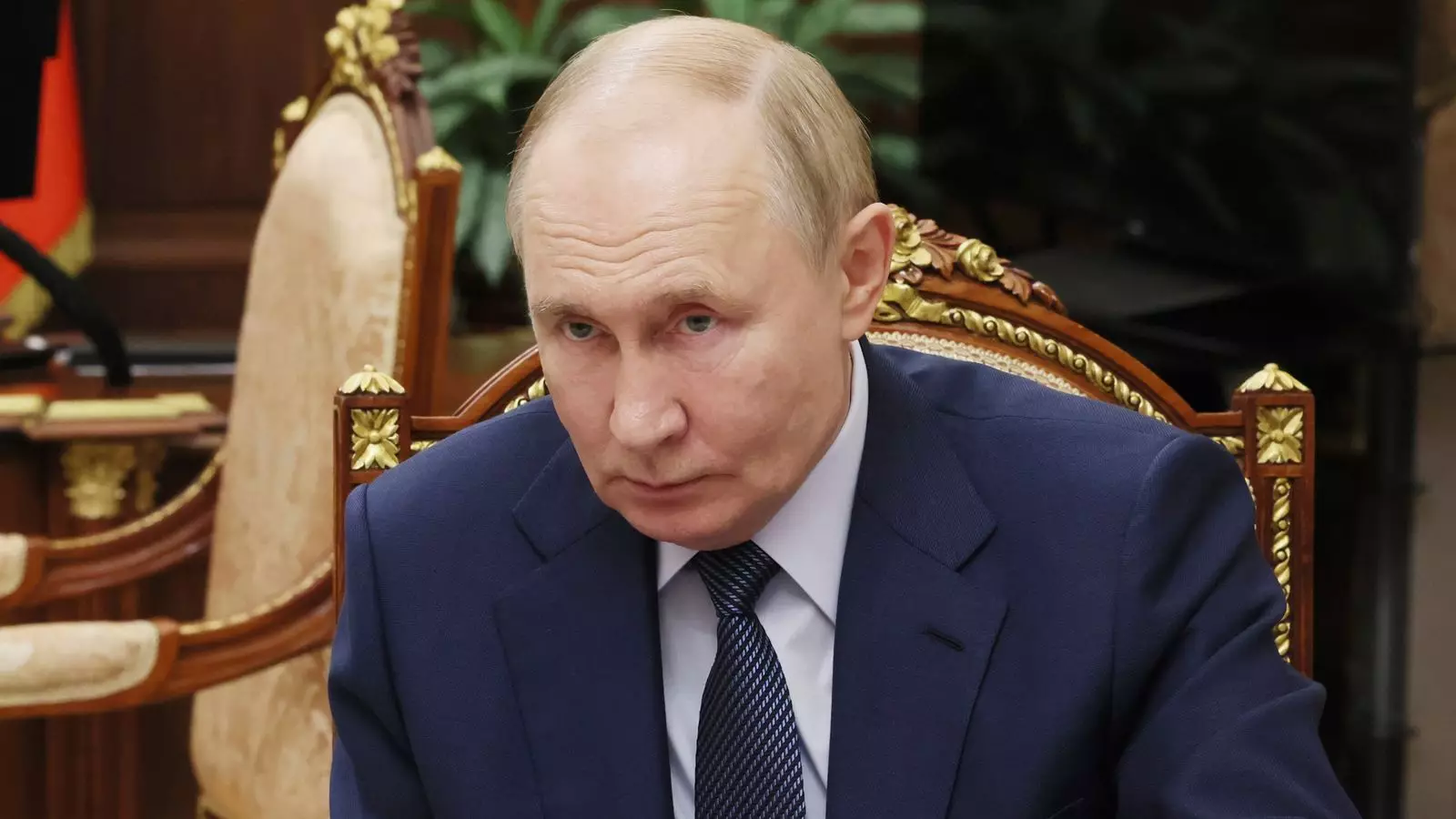The United Kingdom has announced a series of new sanctions aimed at Russian oligarchs with perceived ties to the Kremlin, coinciding with the three-year anniversary of Russia’s invasion of Ukraine. This development underscores a broader strategy to contain Russian influence and protect national interests amid increasing geopolitical tensions. This article explores the implications of these sanctions for UK security, the potential fallout on diplomatic relations, and the ongoing importance of economic measures in the fight against state-sponsored aggression.
The latest sanctions package declared by the UK government brings with it a new level of scrutiny directed at individuals linked to the Kremlin. The Home Office has developed criteria allowing the exclusion of individuals who either support the Russian state financially or enjoy significant privileges as a result of their association. This includes both their public actions and private connections which may undermine British values. The emphasis on these oligarchs reflects a wider intention to preclude those who financially benefit from the ongoing conflict in Ukraine from exploiting the UK’s resources and freedoms.
This policy is not merely punitive but aimed at fundamentally severing the networks that allow these elites to operate. As highlighted by Security Minister Dan Jarvis, these measures illustrate an understanding that border security intertwines closely with national security. Oligarchs have long been viewed not only as wealthy individuals but also as vehicles through which Russian state ambitions can manifest in Western democracies.
The UK had already put in place financial sanctions soon after the onset of the war in Ukraine in February 2022. The initial wave focused on freezing assets and barring travel for several high-profile individuals closely linked to the Kremlin. However, as the conflict has progressed, the UK has recognized the need for more comprehensive and adaptive measures, such as closing legal loopholes used for money laundering.
Operation Destabilise represents one of the UK’s robust efforts to dismantle the financial networks sustaining these underhanded operations. With over 84 arrests and the seizure of approximately £20 million in illicit funds, the UK demonstrated its commitment to combating Russian influence and financial misappropriation. The case of Ekaterina Zhdanova, who is currently in custody in France, exemplifies the kind of high-stakes international law enforcement collaborations necessary to tackle cross-border money laundering.
The latest sanctions are not occurring in a vacuum. They are part of a broader international coordination to put pressure on Russia amid ongoing conversations about Ukraine’s future. While U.S. officials are reportedly engaging in discussions with their Russian counterparts in Saudi Arabia, the absence of Ukrainian representation has raised eyebrows. Notably, President Volodymyr Zelenskyy has firmly asserted that any peace negotiations without Ukrainian input would be unacceptable. This pivotal situation places the UK and its allies at a crossroads where they must balance punitive measures against ongoing diplomatic efforts.
By reinforcing sanctions while also participating in international discussions, the UK government seeks to project a strong stance against Russian aggression while also recognizing the necessity of diplomatic dialogue. The dichotomy of asserting repudiation against Russian actions, combined with the practical need for communication, becomes critical in navigating the complexities of the current geopolitical landscape. Virtually everyone involved understands the stakes—the very principles of sovereignty and self-determination are on the line.
The measures enacted against Russian oligarchs represent a crucial step in the UK’s ongoing efforts to bolster its national security and counteract foreign malign influence. As long as the tensions between Ukraine and Russia persist, the importance of robust sanctions remains paramount. The government’s commitment to ensure that those benefitting from the war in Ukraine face consequences will likely resonate well domestically, reaffirming the UK’s moral stance against aggression.
However, the intersection of sanctions and diplomacy posits complex challenges. The UK must maneuver carefully, balancing assertiveness with the necessity for dialogue to achieve a resolution ultimately favorable to democratic values and international order. The coming months will reveal not just the efficacy of these sanctions but also how the intricate dynamics of global diplomacy unfold in real time amidst an ever-evolving conflict.


Leave a Reply